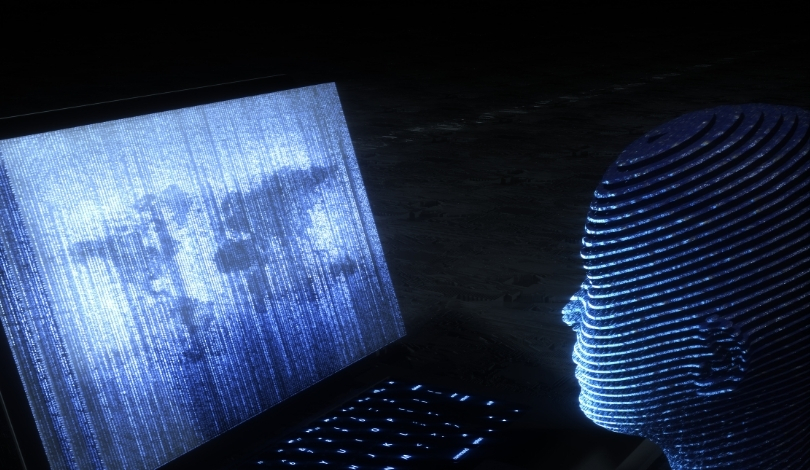In a significant legal development, three authors have initiated a lawsuit against AI startup Anthropic, accusing the company of using their copyrighted works without permission for training its Claude language models. This legal move underscores the growing conflict between content creators and AI firms over intellectual property rights. The authors, Andrea Bartz, Charles Graeber, and Kirk Wallace Johnson, allege that Anthropic downloaded pirated versions of their books from illegal sites and used them to train its AI systems, thereby infringing on their copyrights.
The legal contention between content creators and AI firms has been escalating, with previous lawsuits targeting major companies like Microsoft and OpenAI over similar issues. These disputes highlight the broader tension within the industry as to whether AI training falls under ‘fair use’ or if it constitutes copyright infringement. As AI technology advances, these cases will likely shape the legal landscape regarding the use of copyrighted material.
Authors’ Allegations
The authors claim that Anthropic “built a multibillion-dollar business by stealing hundreds of thousands of copyrighted books.” They assert the company ignored copyright protections, engaging in large-scale theft to develop the Claude models. According to the complaint, Anthropic used ‘The Pile’ dataset in their training, which includes a collection called ‘Books3’ containing nearly 200,000 books obtained from unauthorized sources.
Impact on Authors and Industry
The authors argue that Anthropic’s actions have deprived them of book sales and licensing revenues, while also creating competition for human-written content. Critics emphasize the need for AI companies to compensate authors and publishers. Conversely, AI developers argue that their use of copyrighted material is permissible under ‘fair use’ provisions, as their models do not reproduce exact copies of the texts.
Legal and Ethical Implications
The lawsuit against Anthropic may have significant implications for the AI industry. If courts rule that firms must obtain licenses for all copyrighted materials used, it would increase the cost and complexity of AI development. These legal debates touch on complex questions about the application of copyright law to AI, and the outcomes could influence future regulatory frameworks.
As AI capabilities expand, intellectual property disputes are likely to intensify. Authors argue for the protection and compensation of their works, while AI companies seek access to vast datasets to enhance their models. The resolution of cases like this will be pivotal in determining how training data will be handled in the future.
For now, the lawsuit adds to the mounting legal challenges facing AI firms over copyrighted material use. As courts address these issues, their rulings could have a significant impact on AI development and content creation.










